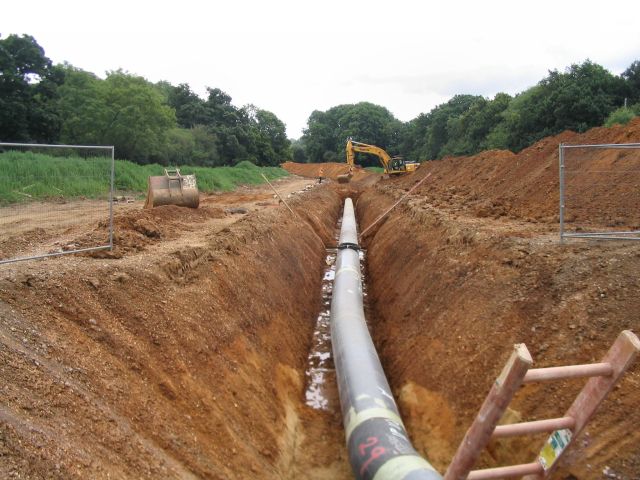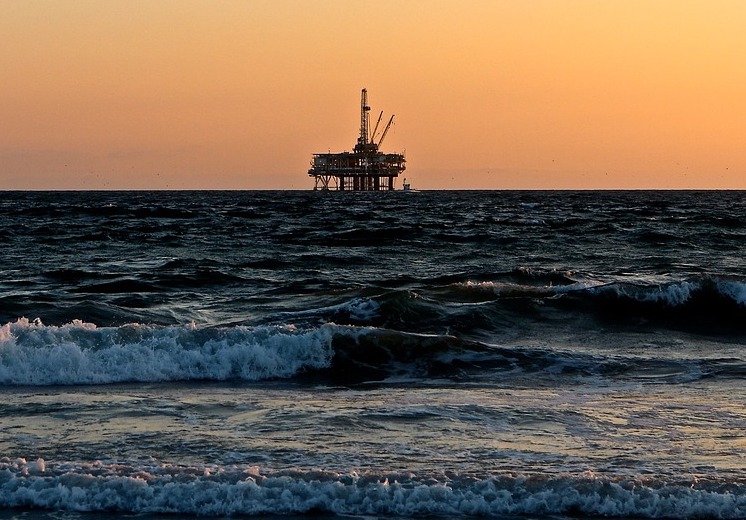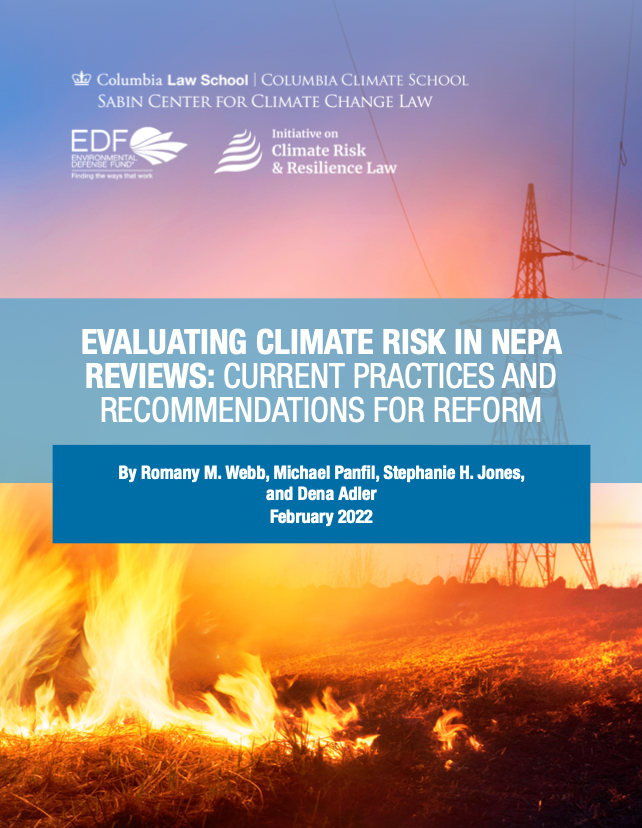In a new white paper, we analyze New Jersey’s implementation gap in both the climate and justice space and offer some key recommendations to align executive action with the state’s bold promises. The paper’s findings and recommendations are potentially applicable to the many other states who have set climate and justice goals without robustly embedding them into their existing legal and administrative landscapes.
Clean Energy
By Leah Adelman and Jacob Elkin Columbia Law School’s Sabin Center for Climate Change Law has published an update to its Report on Opposition to Renewable Energy Facilities in the United States, which documents local restrictions on and opposition to the siting of renewable energy projects. The updated report highlights […]
By Jennifer Danis and Romany Webb The Federal Energy Regulatory Commission (FERC)—i.e., the federal agency responsible for approving interstate gas pipelines—yesterday announced two major statements explaining how it proposes to: (1) realign its fossil fuel infrastructure approval process with the Natural Gas Act (NGA)’s mandate to only approve projects that […]
By Romany Webb During his campaign for President, Joe Biden promised to “use the full authority of the executive branch to . . . significantly reduce [greenhouse gas] emissions,” including by “banning new oil and gas permitting on public lands and waters.” Consistent with that promise, one week after taking […]
This post was co-authored by the Sabin Center’s Romany Webb and Stephanie Jones and Michael Panfil of Environmental Defense Fund. From pipelines destabilized by melting permafrost to power line-sparked wildfires exacerbated by drought, the impacts of climate change are affecting infrastructure across the U.S. and heightening the risks it poses […]
By Jennifer Danis, Yesterday, the Sabin Center, Environmental Defense Fund, and New Jersey Conservation Foundation submitted comments to the New Jersey Board of Public Utilities (“BPU”) proceeding investigating the state’s current and mid-term future supply and demand for gas. (NJBPU Docket GO20010033.) The comments recommend that BPU commence a long-term […]
By Jacob Elkin Today, the Sabin Center filed an amicus brief on behalf of the National League of Cities and the U.S. Conference of Mayors in West Virginia v. EPA, a case that is currently before the United States Supreme Court. The case concerns the scope of the United States […]
By Romany M. Webb On Tuesday, November 2, the Biden administration unveiled a suite of measures aimed at controlling methane emissions from oil and natural gas facilities. Key among those measures are new emissions controls proposed by the Environmental Protection Agency (EPA) under section 111 of the Clean Air Act. […]





